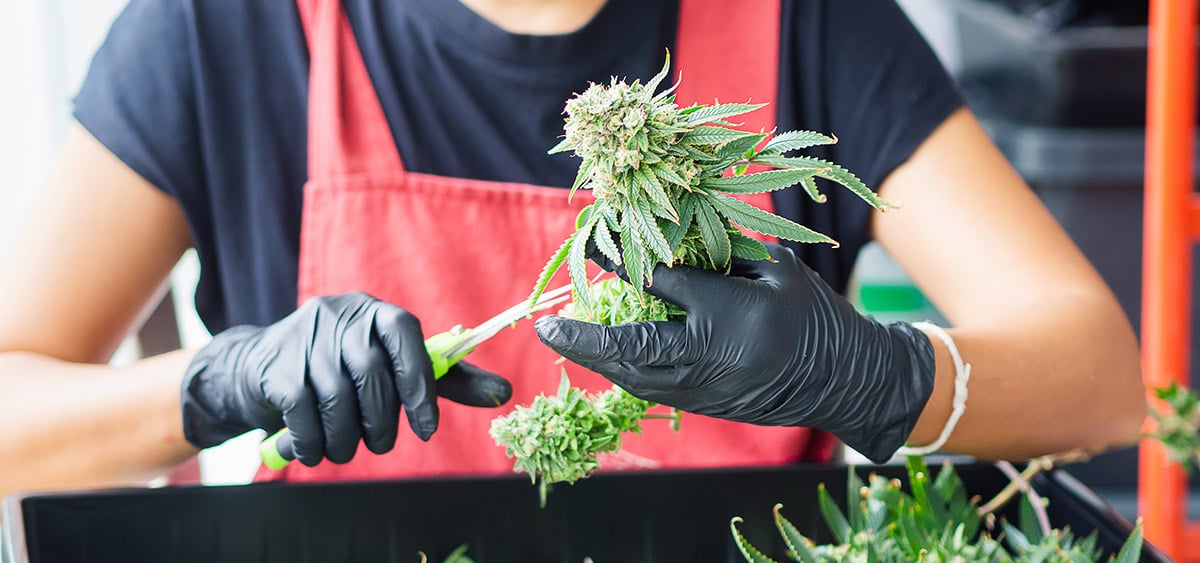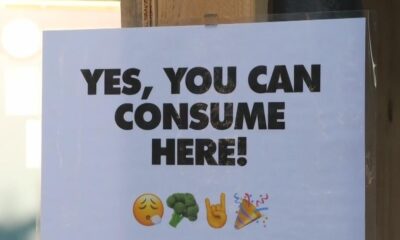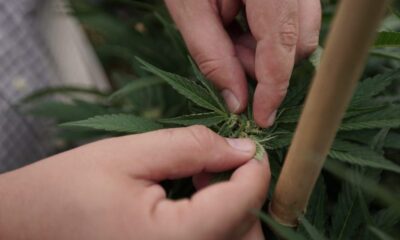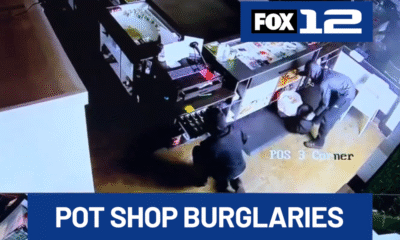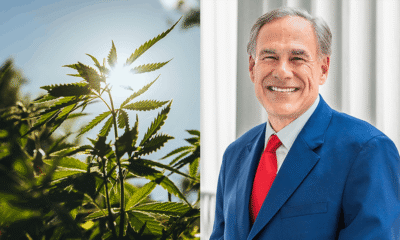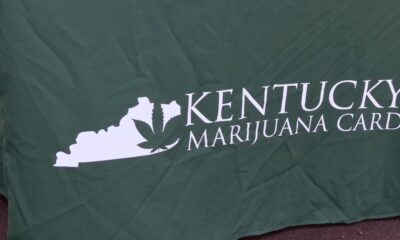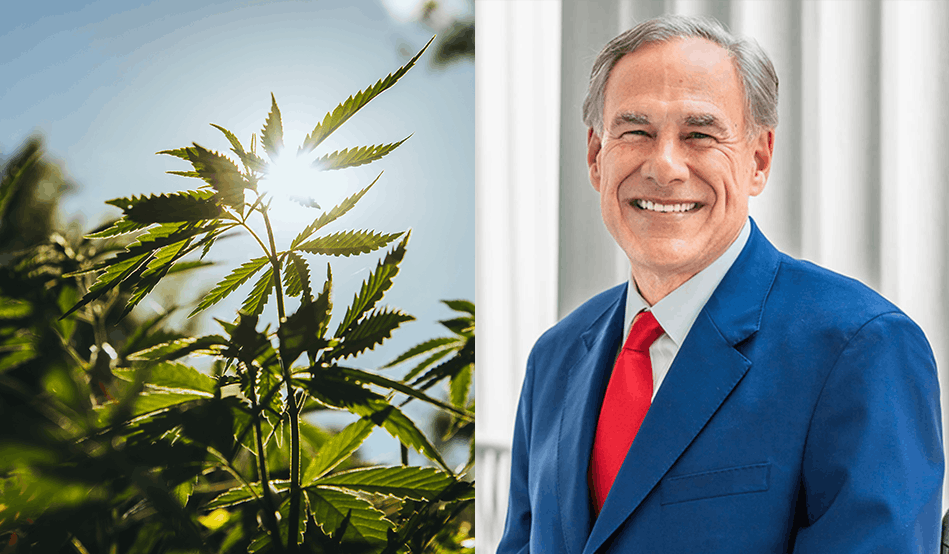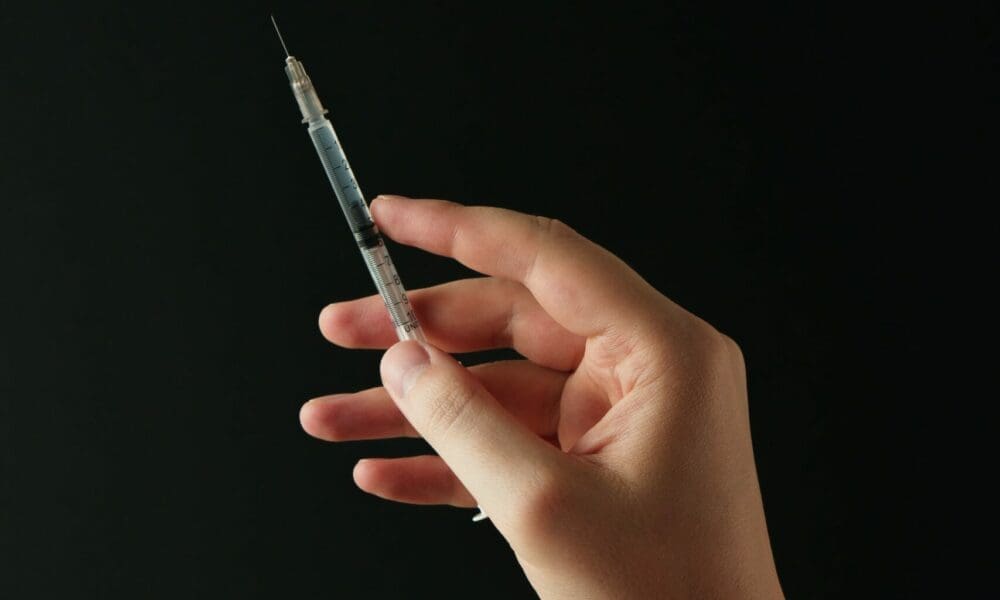Texas Gov. Greg Abbott doubled down on his stance that hemp-derived products should be regulated, not banned, in the Lone Star State.
Abbott included a pair of hemp-related proposals in his July 9 proclamation submitted to Texas Secretary of State Jane Nelson’s office, calling for a special legislative session to convene at noon on July 21 in Austin.
The chief executive outlined 18 pieces of legislation for lawmakers to consider, from improving early warning systems and other preparedness infrastructure in flood-prone areas to revising the state’s congressional redistricting plan—a move that could protect Republicans’ slim majority in the U.S. House come the 2026 midterm election.
Abbott also called for legislation on hemp proposals that he said would:
- Make it a crime to provide hemp-derived products to children under 21 years of age; and
- Comprehensively regulate hemp-derived products, including limiting potency, restricting synthetically modified compounds, and establishing enforcement mechanisms, all without banning a lawful agricultural commodity.
The July 9 proclamation comes after the governor vetoed Senate Bill 3 on June 22. The legislation would have banned consumable hemp products containing quantifiable amounts of THC or other intoxicating cannabinoids. It was backed by 105 of 108 Republicans in the state’s GOP-controlled Legislature.
In his June 22 veto proclamation, Abbott said S.B. 3 collides with federal law and would likely face a lengthy legal battle before the state could implement and enforce a ban, hindering rather than solving “public safety” issues that lawmakers hope to contain.
“There are many bad actors who have abused the authority granted to them by both the federal government and the state of Texas,” the governor wrote. “But there are also many Texans conducting business responsibly, who invested millions of dollars planting fields or opening up retail stores in reliance on laws making hemp a lawful product to ‘be sold at retail or otherwise introduced into commerce.’”
While Abbott may be the most powerful elected official in Texas, he’s up against a potential showdown with Lt. Gov. Dan Patrick, a fellow Republican who championed S.B. 3 as the presiding officer in the state’s Senate. Following Abbott’s veto, Patrick accused the governor of wanting to “legalize recreational marijuana.”
“This is a fight that didn’t need to be,” Patrick said during a June 23 press conference, when he picked apart the governor’s veto proclamation.
On June 24, two days after Abbott’s veto, the U.S. Court of Appeals for the Eighth Circuit vacated a preliminary injunction that had blocked neighboring Arkansas from implementing a hemp product ban that Gov. Sarah Huckabee Sanders signed into law two years earlier.
While the Eighth Circuit doesn’t encompass Texas, Patrick used that decision as leverage to push back against the governor’s veto.
“It won’t be long before 8,000 smoke and vape shops will be out of business in Texas,” Patrick wrote on X following the circuit court decision. “All we have to do is pass S.B. 3, just like we passed during the regular session.”
Despite the gubernatorial dispute ahead of the special session, the legislative branch will be the ultimate decider on whether to regulate or ban hemp in what has had a $10.3 billion economic impact for the state, employing some 50,000 workers, according to Whitney Economics.
Notably, Texas House members already supported an outright ban on intoxicating hemp products during the regular session on May 21, when they voted, 86-53, to align their version of S.B. 3 with the upper chamber’s version instead of adopting a committee substitute bill that Rep. Ken King, R-Canadian, crafted as the chair of the State Affairs Committee.
King’s substitute would have tightly regulated hemp-derived products instead of banning them.
“Committee substitute to Senate Bill 3 came as a counter option to an outright ban,” King said May 21 on the House floor. “Some of you are for a ban. Many of you aren’t. And that’s the reason we have a choice. How you vote on this amendment [to return the House version to a ban] is completely up to you. I will be voting no on the amendment. And the reason is, I read about the 1920s. I don’t think prohibition worked in 1920; I don’t think it’s going to work in [the] 2020s.”
Ultimately, the Texas House rejected the State Affairs Committee’s alternative bill and then supported S.B. 3’s prohibition language in a 95-44 vote to send the legislation to Abbott’s desk.
While King couldn’t sway his colleagues in the House to support regulation over prohibition, Abbott’s clout as governor remains to be seen in the upcoming special session.
In his June 22 veto message, Abbott offered a sample of 19 “potential” regulations for lawmakers to consider:
- Selling or providing a THC product to a minor must be punishable as a crime;
- Sales must be prohibited near schools, churches, parks, playgrounds and other areas frequented by children;
- Packaging must be child-resistant, tamper-evident, and resealable;
- Products must not be made, packaged, or marketed in a manner attractive to children;
- Any store selling these products must have a permit and restrict access to anyone under the age of 21, with strict penalties for any retailer that fails to comply;
- Products containing THC may not contain other psychoactive substances (e.g., alcohol, tobacco, kratom);
- Testing must be required at every phase of production and manufacturing, including for both plants and derivative consumable products;
- Manufacturing and processing facilities must be subject to permitting and food safety rules;
- Permit and registration fees must suffice to support robust enforcement and testing by the Texas Alcoholic Beverage Commission, in partnership with other state agencies;
- An operator’s permit and warning/danger signs must be posted at any store selling these products;
- Sales must be limited to the hours between 10 a.m. and 9 p.m., and prohibited on Sunday;
- The amount of THC permissible in each product must be restricted, and an individual may make only a limited number of purchases in a given period of time;
- Labels must include a surgeon general-style warning, a clear disclosure of all ingredients, including the THC content, and a scannable barcode or QR code linking to test results;
- Fraudulently creating or displaying manifests or lab results must be punishable as felony offenses;
- Public consumption, consumption on the premises of any store that sells these products, and possession of an open container in a vehicle must be punishable as crimes;
- The attorney general, district attorneys and county attorneys must have the authority to pursue violations under the Deceptive Trade Practices Act;
- Local governments must have the option to prohibit or limit stores selling these products;
- Excise taxes must be assessed on these products to fund oversight and enforcement; and
- Additional funding must be provided to ensure law enforcement has sufficient resources to vigorously enforce restrictions.
“Passing a law is not the same thing as actually solving a problem,” Abbott wrote. “Texas needs a bill that is enforceable and will make our communities safer today, rather than years from now.”

